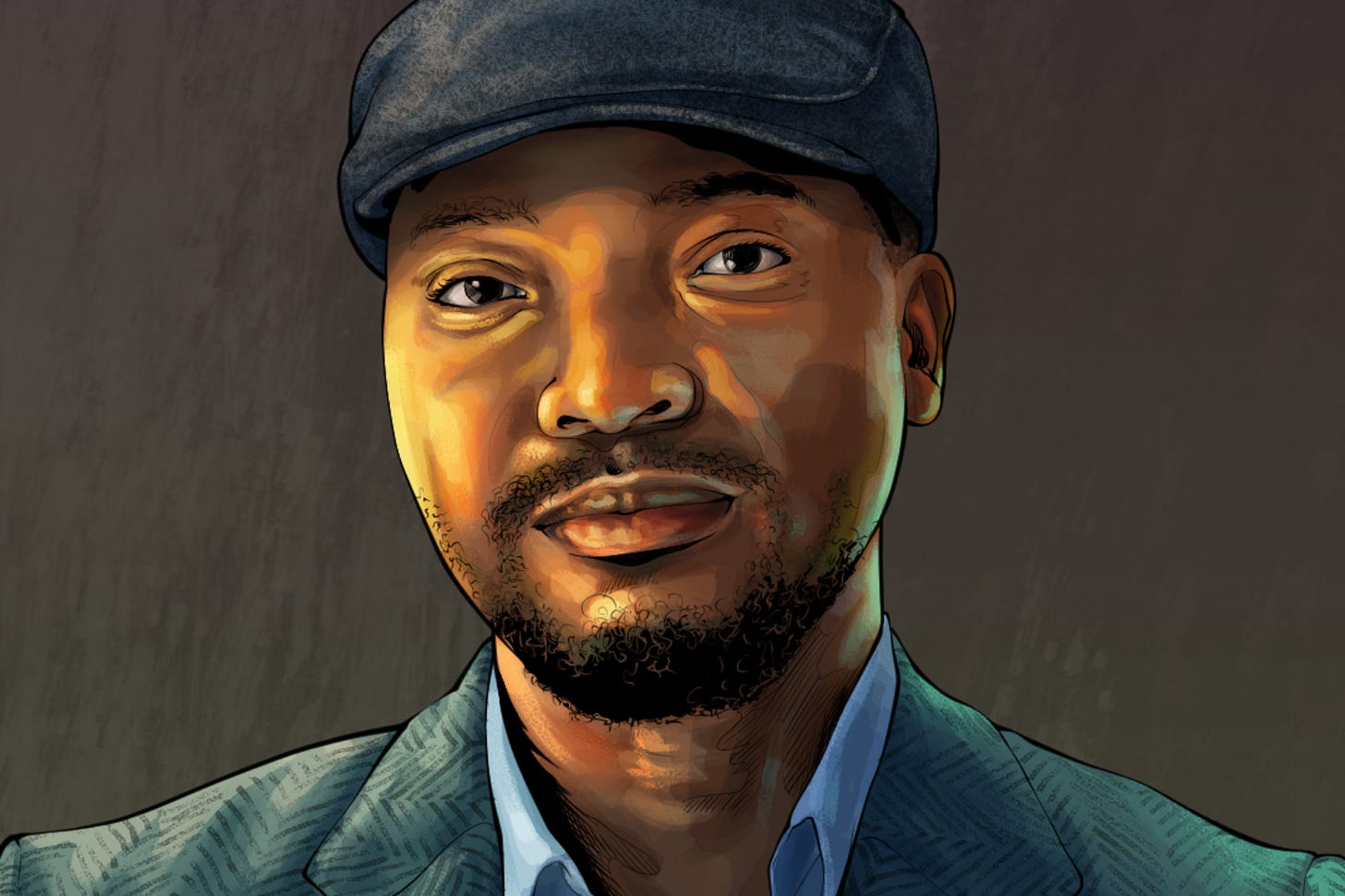Tolu Daniel on the dialogic violence of Yoruba nationalists
Tolu Daniel is one of the most prolific Yoruba essayists writing today in the English language.
His essays have appeared in top quality journals, including Catapult.co, Olongo Africa, and Lolwe.
In June 2025, he won the Isele Nonfiction Prize for “Notes of a Nonresident Alien”.
He is currently a PhD student in Com…




